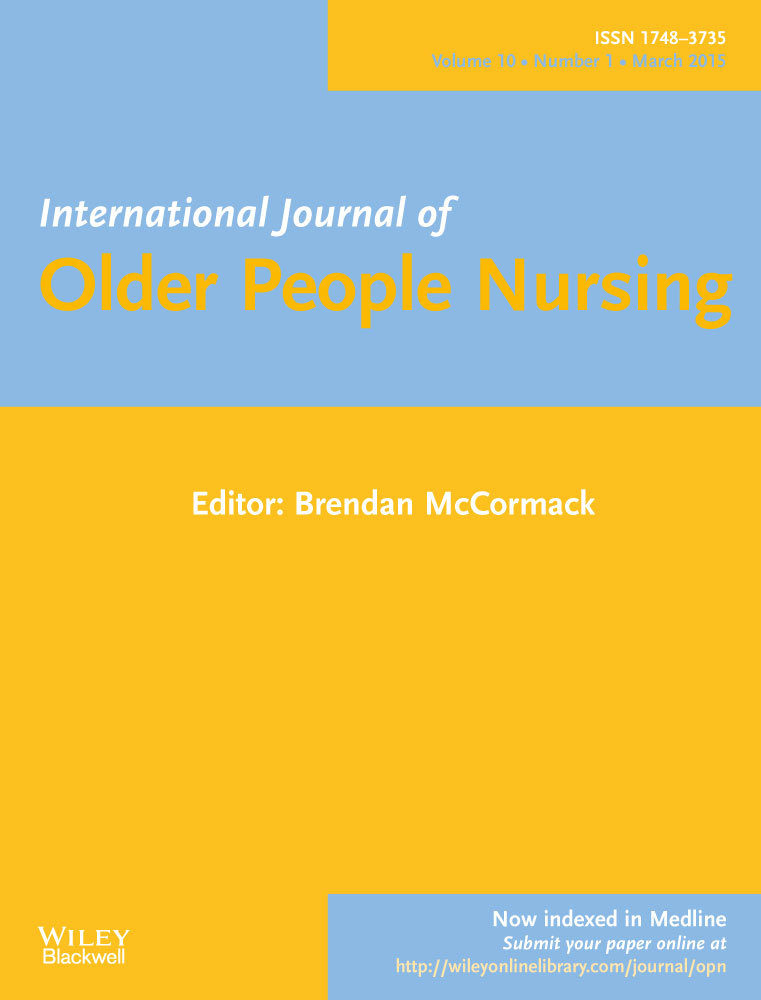Competence in advanced older people nursing: development of ‘Nursing older people – Competence evaluation tool’
Abstract
Background
Community care is characterised by a move from institutionalised to home-based care, a large patient population with comorbidities including cognitive failure, and nurses who struggle to keep up with their many competence demands. No study has examined the competence of nurses based on present demands, and an instrument for this purpose is lacking.
Aim and objective
We conducted a Delphi study based in Norway to develop the substantial content of a new competence measurement instrument. We sought to reach consensus regarding which nursing staff competence is most relevant to meet the current needs of older patients.
Design and method
A total of 42 experts participated in three consecutive panel investigations. Snowball sampling was used. The experts were clinicians, leaders, teachers, researchers and relatives of older people who required nursing. In Round 1, all experts were interviewed individually. These data were analysed using meaning coding and categorisation. In Rounds 2 and 3, the data were collected using electronic questionnaires and analysed quantitatively with SPSS.
Results
The experts agreed that health promotion as well as disease prevention, treatment, palliative care, ethics and regulation, assessment and taking action, covering basic needs, communication and documentation, responsibility and activeness, cooperation, and attitudes towards older people were the most relevant categories of competence.
Conclusions
The experts showed clear consensus regarding the most relevant and current competence for nurses of older people. Assuming that older people in need of health care have the same requirements across cultures, this study's findings could be used as a basis for international studies.
Implications for practice
Those who nurse older people require competence that is complex and comprehensive. One way to evaluate nursing competence is through evaluation tools such as the Nursing Older People – Competence Evaluation tool.




